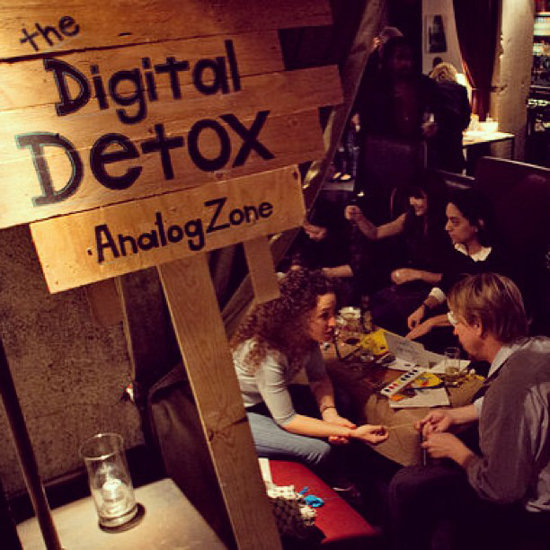Who says you have to stay connected 24/7? Taking some time off to detox from your digital life may be hard, but it could also be good for your health and well-being. While some people use Facebook, Twitter, and other forms of social media to stay in touch with friends, others can't step away for five minutes without losing their minds. Are you one of them? Daniel Sieberg, author of The Digital Diet, offers up tips on how to break your tech addiction, below.
- Avoid tech turds — One of our own favorite tech etiquette tips says that, as a rule of thumb, you shouldn't leave your phone out on the table. Sieberg has a more colorful way of saying it, calling these situations "tech turds": "Don't just dump your smartphone on the table at a restaurant or at home. Keep it in your pocket or purse unless it’s critical to have it out. If you must have it out, acknowledge its presence and inform your companions that you’ll check it only in an emergency. It's a courtesy that you'd appreciate, too."
See more tips after the break.


